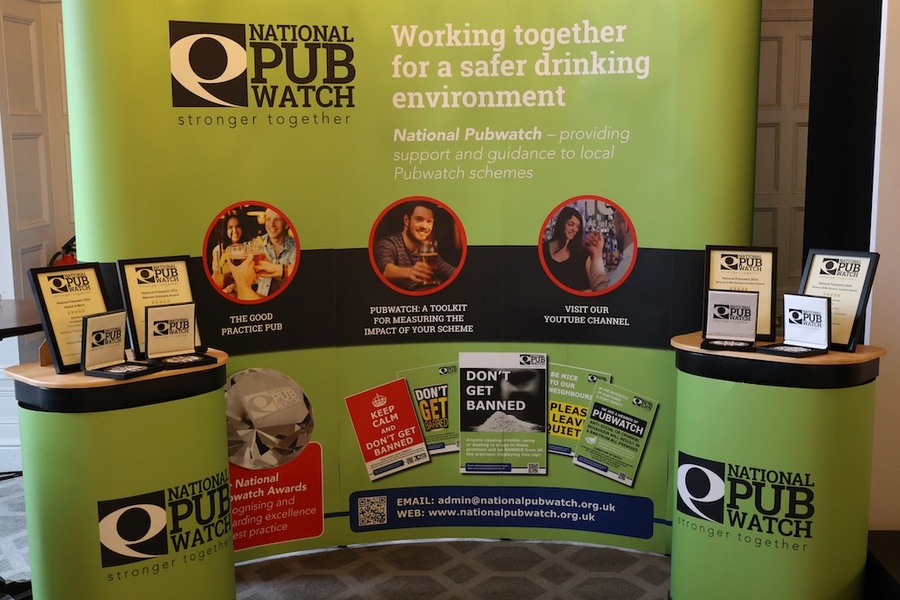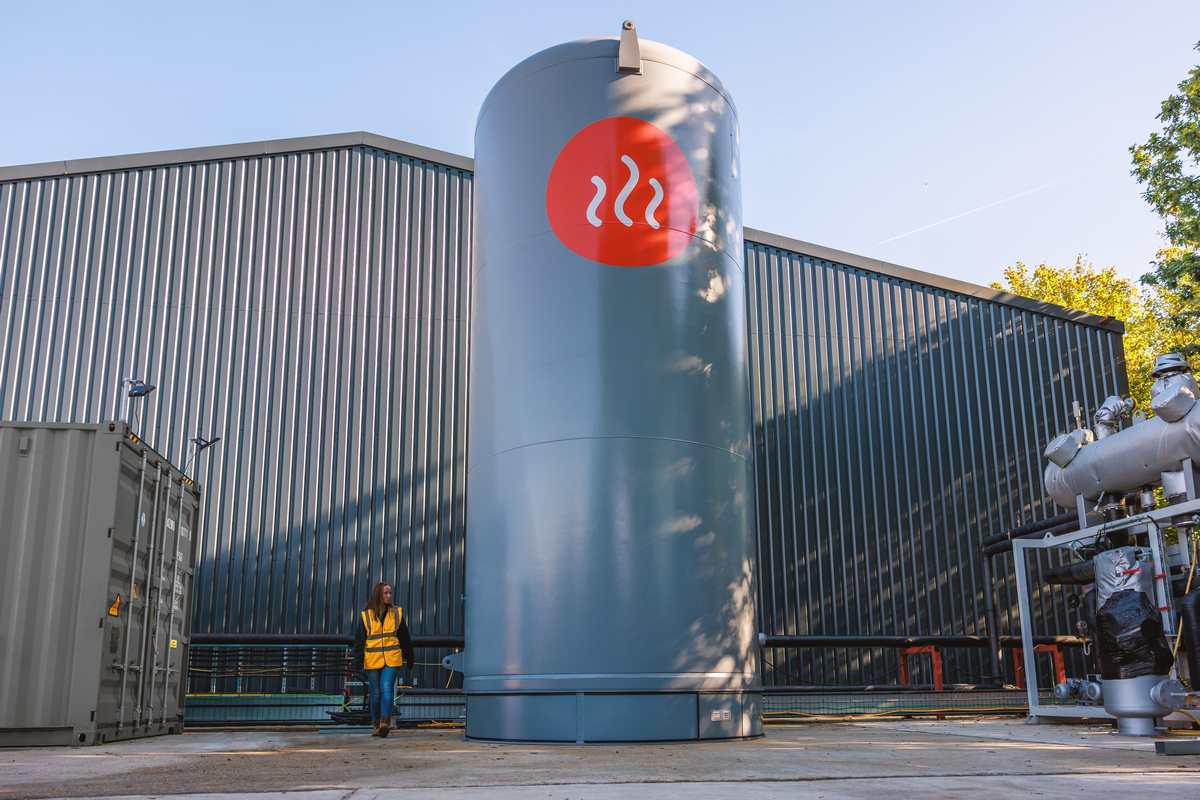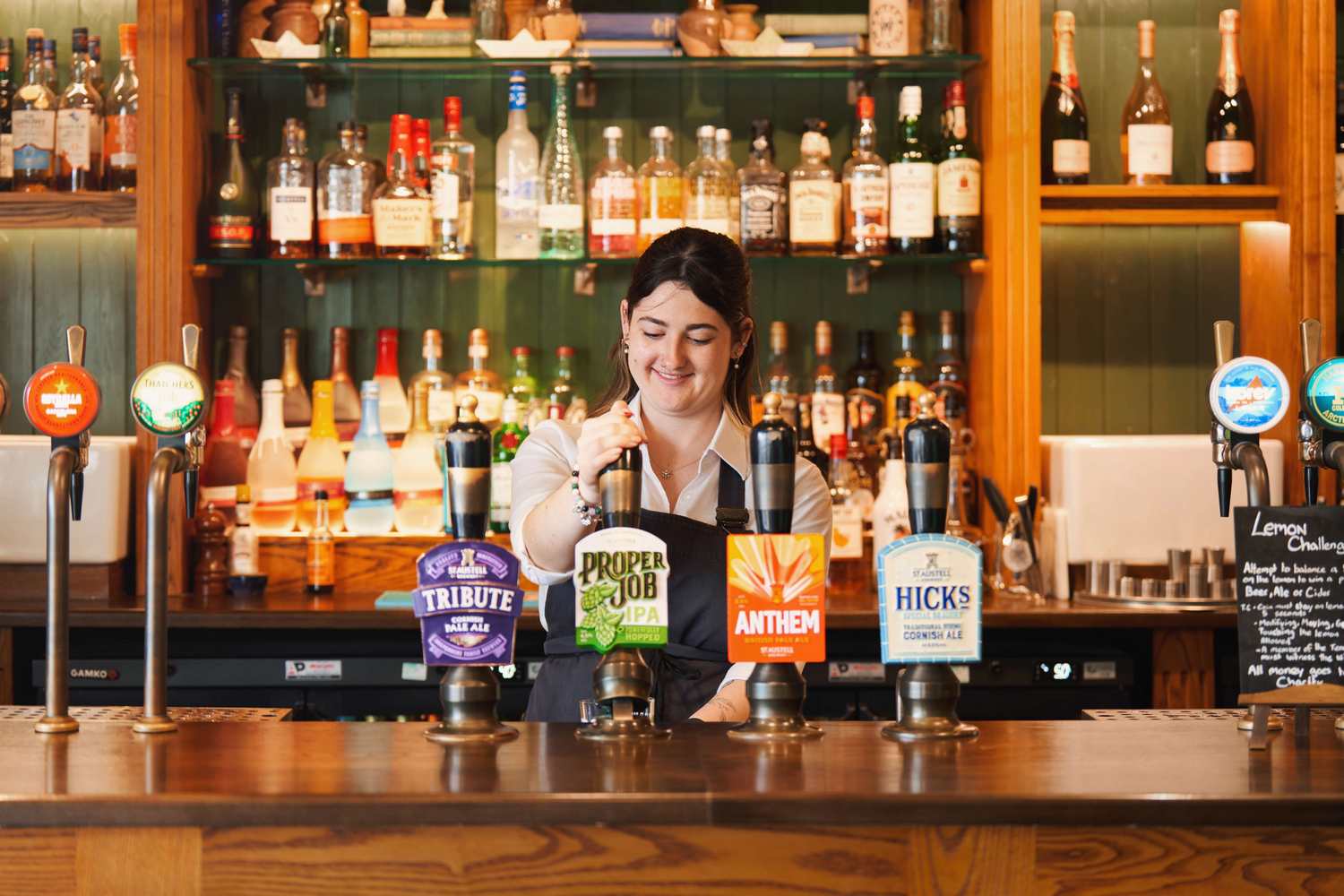Added: Thursday, October 24th 2024

The Carlsberg juggernaut rolls on. Not content with closing Jennings, Wychwood and Ringwood breweries, it now plans to axe the giant Banks’s Brewery in Wolverhampton, famous for its Mild and Bitter ales that were the heartbeat of pubs in the Black Country.
The devastation has followed the formation of the Carlsberg Marston’s Brewing Company (CMBC) in 2022. As a result, Marston’s has stopped brewing and is now a pub-owning company while Carlsberg has shown its lack of interest in ale by closing four significant producers of the style.
The Danish giant says it has taken the decision to close Banks’s as a result of losing the contract to brew the Spanish lager San Miguel in Britain and what it claims is the continuing decline of the ale sector.
As one of the major global brewers behind AB InBev and Heineken, Carlsberg can absorb the loss of San Miguel. Globally it brews 112.5 million hectolitres a year and it enjoys almost monopoly control of brewing in Scandinavia and the Baltic region.
San Miguel was brewed at Carlsberg’s Northampton lager factory and the loss of the contract – to AB InBev — doesn’t affect the CMBC’s ale breweries.
Banks’s Brewery is a massive plant capable of producing 100,000 barrels a year. Carlsberg says it plans to invest £6 million in its last remaining ale brewery, Marston’s in Burton-on-Trent.
But even with expansion it seems unlikely the Burton plant could absorb the vast range of beers currently produced in Wolverhampton.
They include:
Banks’s Mild, Amber and Sunbeam.
Tetley Bitter.
Wainwright Amber and Gold.
61 Deep for Marston’s.
Bombardier, Bombardier Gold and Eagle IPA (ex Charles Wells).
Brakspear Gravity, Oxford Gold and Special.
Mansfield Cask Ale.
Razorback, Boondoggle, Fortyniner and Old Thumper (ex Ringwood).
Hobgoblin Gold and IPA (ex Wychwood).
London Original and Special (ex Young’s).
It’s almost certain that a number of those brands will disappear.
The so-called decline of the ale sector depends on who you talk to. In Yorkshire both Timothy Taylor and Theakston’s say sales of their beers are booming and Taylor is now brewing more than before Covid – 176,000 barrels a year, of which 80 per cent is accounted for by Landlord.
JW Lees in Manchester reports rising sales in its 150 pubs. As far south as Cornwall, St Austell also reports strong sales of Tribute and Proper Job IPA.
The difference between regional brewers and Carlsberg is that the regionals have a passion and commitment to ale and they busily promote their beers. The Danish giant on the other hand has no interest in the style, cask beer in particular with its short shelf life, and does little or nothing to advertise them.
Carlsberg, in common with all the giant global brewers, wants to produce just one style of beer for every country on the planet – cheaply and quickly brewed lagers that stay in drinkable condition for months.
A campaign is underway to save Banks’s. The new mayor for the West Midlands, Richard Parker, has called for a summit meeting with Carlsberg to discuss the closure and loss of jobs.
The new MP for Wolverhampton West, Warwinder Juss, has called the planned closure “devastating news, a big blow to the city’s history and cultural heritage”. He mentioned the closure in his maiden speech in the House of Commons.
It’s to be hoped their interventions are successful. 2025 should mark the 150th anniversary of Banks’s Brewery but if Carlsberg is successful it will be a wake and not a celebration.
Warwinder Juss had a meeting with Carlsberg but came away empty handed. Carlsberg said it is determined to close Banks’s.
First published in What’s Brewing, October 2024 and updated.






